Students for Justice in Palestine: Empowering Change through University Clubs

Photo Credits: Jerusalem Center for Public Affairs
By: Joanna Sawtari / Contributing Writer
The Brief Background
Students for Justice in Palestine, commonly referred to as SJP, is a nationally renowned club that advocates for Palestinian civilians. Students in over 200 universities across the country have joined the movement to advocate for Palestinian rights and express their opinions regarding the genocide. With chapters all over the United States, SJP continues working towards its goal of instilling peace and calling out the complicity of governments who refuse to speak out about Palestinian rights.
The Start
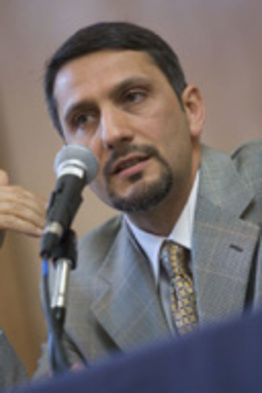
Dr. Hatem Bazian, Founder of SJP / Photo Credits: UC Berkeley
In 2001, Dr. Hatem Bazian founded SJP at the University of Berkeley. Bazian renamed and redesigned the club formerly known as “GUPS – General Union of Palestinian Students.” The growing prominence of this club across the country came with a price– criticism from Zionist media groups. Many claimed Bazian’s club was based on anti-semitism and the ultimate goal of SJP was to attack Israelis for simply being themselves. Despite the negative impact this had on Bazian’s reputation in the academic world, SJP continued to grow and develop chapters in top universities.
Current SJP Programs
Edward Said’s affiliation with Columbia has left an enduring mark on Palestinian studies at Columbia, making it one of the foremost chapters with students all around NYC protesting and advocating for Palestinian rights. This club hosts reading groups where students select Palestinian-related novels to discuss over a meeting, invites writers and directors to host lectures, and organizes protests in support of the anti-apartheid movement.
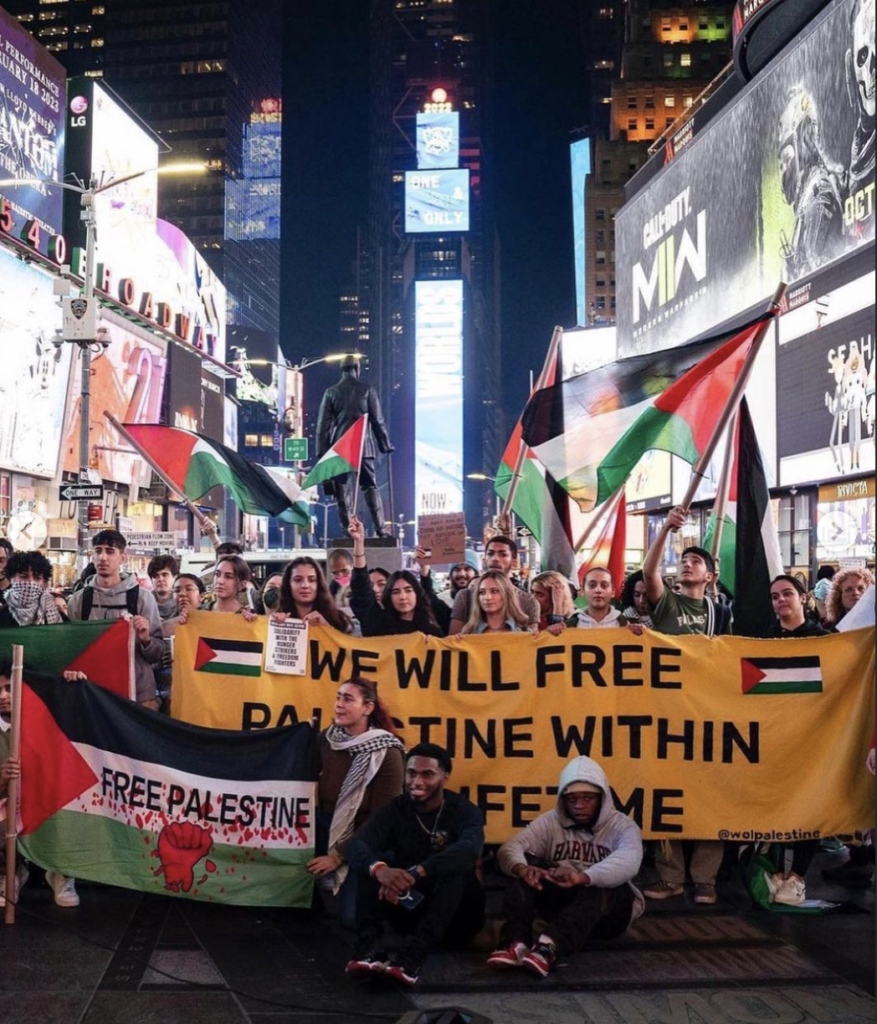
Photo Credits: @cuapartheiddivest on Instagram
Princeton University’s “Princeton for Palestine” is also vocal about their stance, emphasizing “dissociation from Israeli apartheid until Palestinian demands are met.”
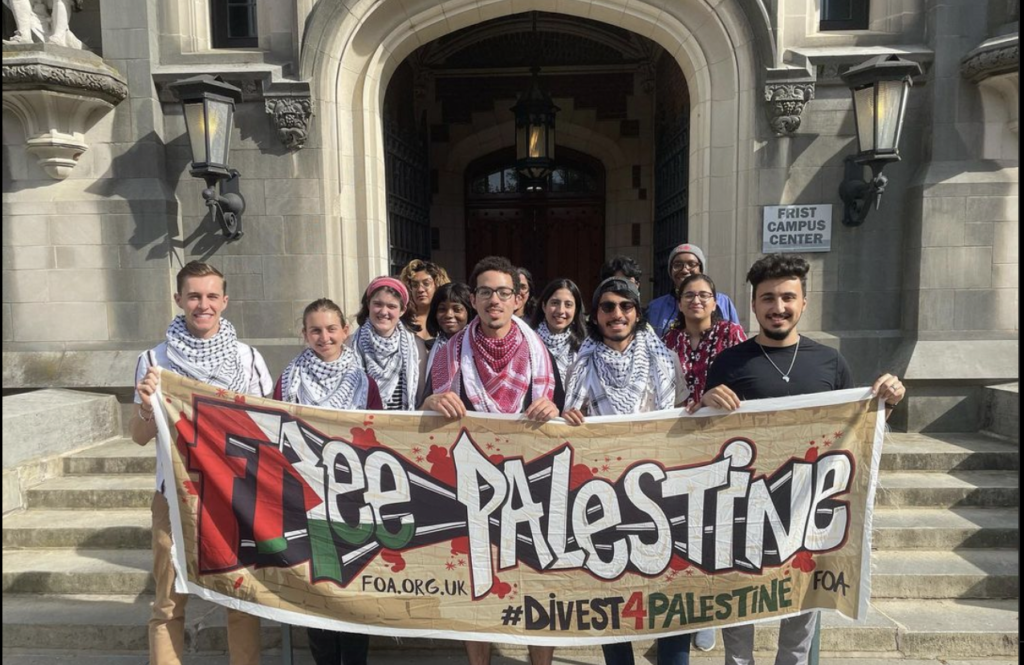
Caption: “PCP is celebrating its last Keffiyeh Thursday of the semester on this beautiful spring day!” / Photo Credits: @princeton4palestine on Instagram
Every Thursday, Princeton’s club members dress up in keffiyehs to take their stance and promote it to the public. Harvard University’s “Palestine Solidarity Committee” and Princeton’s program work together to share keffiyehs and host events. One of the events that took place in Princeton’s McCosh Hall 10 was Mohammed El-Kurd’s lecture, which was part of the Edward Said Memorial.
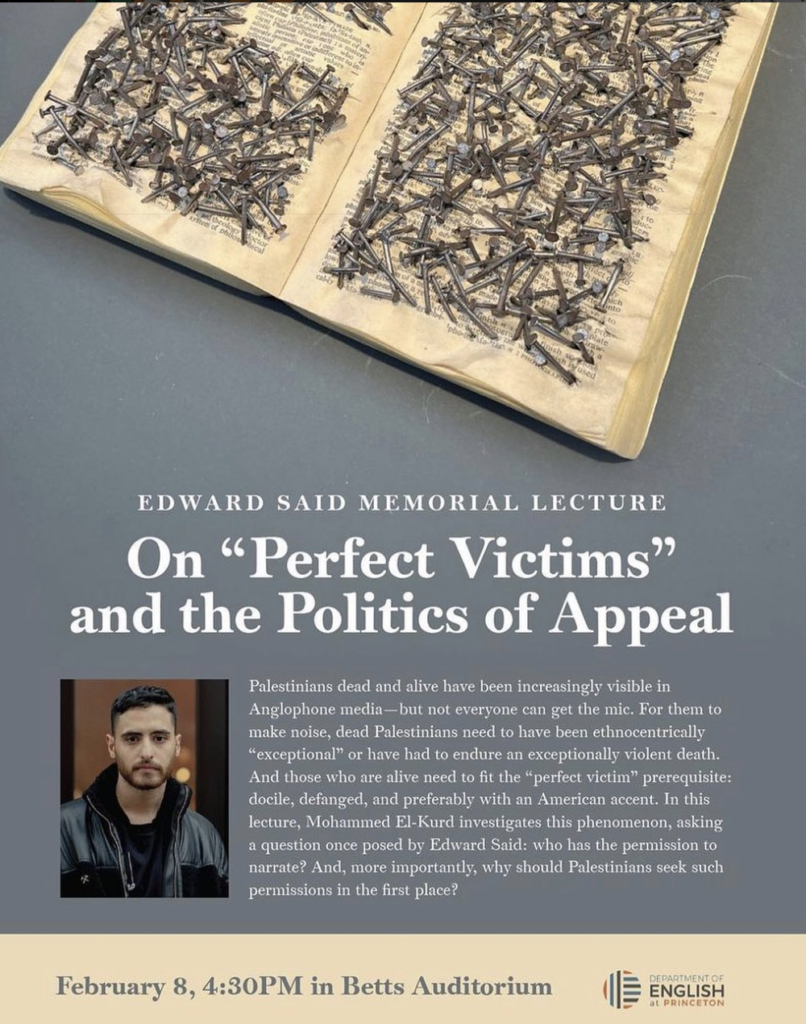
Mohammed El-Kurd Event / Photo Credits: @princeton4palestine on Instagram
Other schools like Brown University and the University of Virginia have clubs explicitly called SJP based on Bazian’s idea. These clubs are very active on social media and also partake in advocacy events.
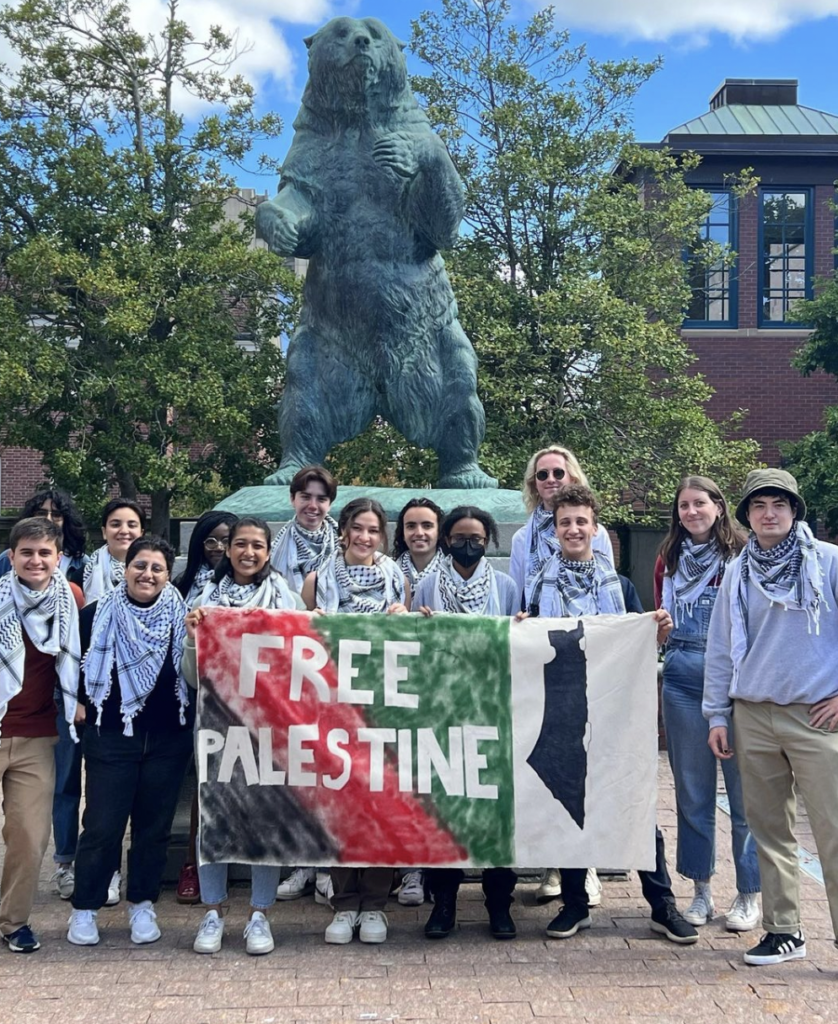
Photo Credits: @brown.sjp on Instagram
Working Towards a Common Goal
Despite the controversy each of these clubs have received in their respective universities, students continue speaking out about Palestinian rights and use their platforms to condemn Zionism. SJP and the clubs inspired by it have taught young students from all over the world about the severity of the conflict and why it’s important to speak out about it.
Check out Arab America’s blog here!








